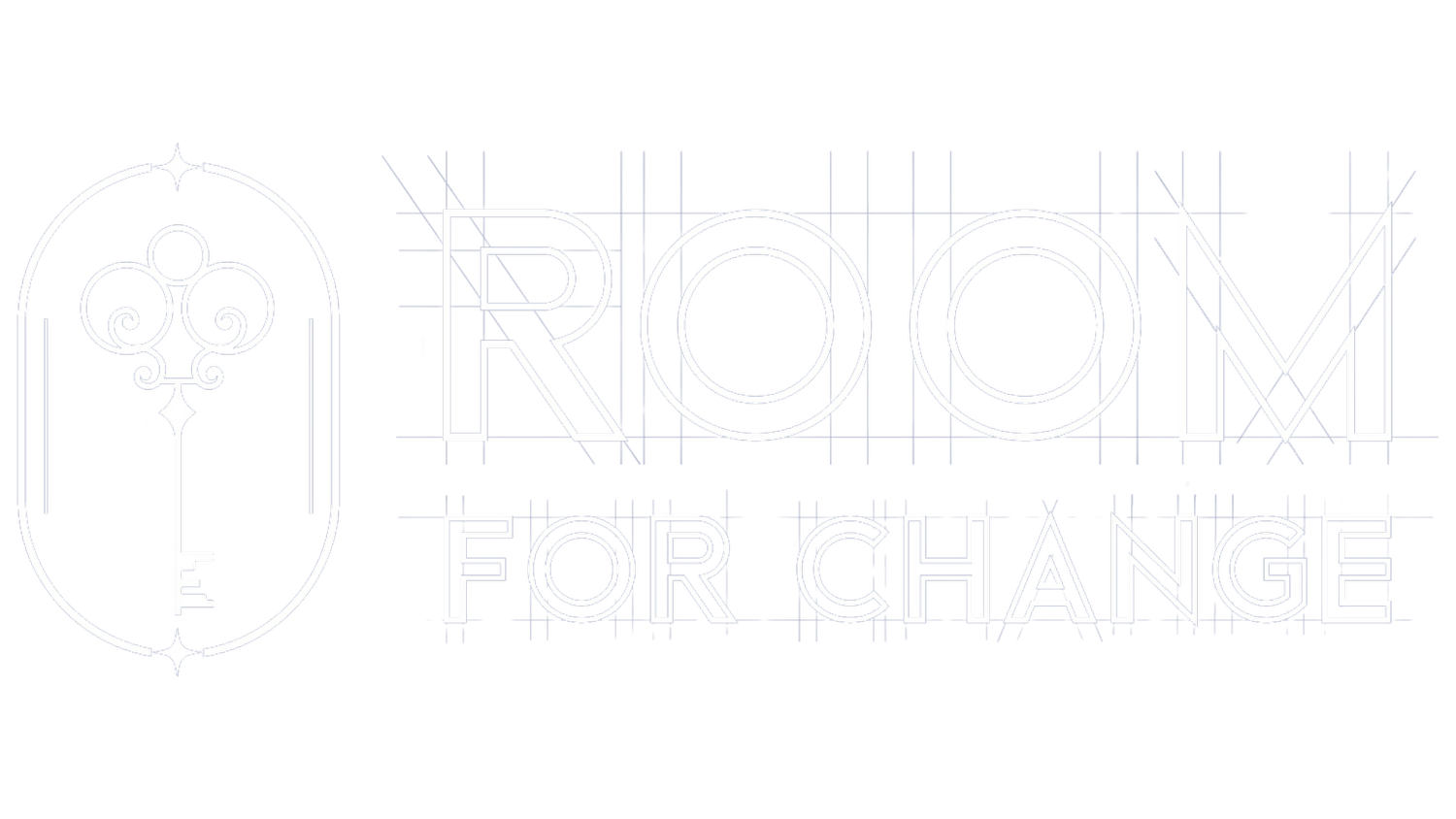Specialized Trauma Therapy in Texas - Healing Beyond the Past

Trauma doesn’t just live in the past. It can echo in your thoughts, relationships, and even your body. At Room for Change, our specialized trauma therapy in Texas, including EMDR (Eye Movement Desensitization and Reprocessing), supports healing that feels safe, empowering, and real.
When the Past Still Hurts
Nightmares. Flashbacks. Constant tension. For many, trauma lingers long after the event is over. Sometimes it’s obvious. Sometimes it’s quiet but heavy.
Either way - it’s real. And it deserves care.
At Room for Change, we offer trauma therapy and EMDR therapy in Texas that helps you gently process the pain and find relief. We won’t ask you to revisit everything all at once. We’ll go at your pace, with safety, trust, and respect guiding every step.

Why People Across Texas Trust Room for Change
Specialized Trauma Care
Our therapists are trained in EMDR and experienced in supporting clients through PTSD, complex trauma, abuse, grief, phobias, and anxiety.
Healing Without Pressure
Healing moves at your pace. You’ll never be pushed to relive details before you’re ready, and the process is guided with care.
Evidence-Based Support
EMDR trauma therapy is supported by decades of research as an effective treatment for trauma and related conditions.
Focused on Empowerment
Our goal is to help you feel safer, stronger, and more in control and not to keep you stuck in the past.
What Clients Are Saying
Lori Vann
“As a licensed counselor with over 20 years of clinical experience, I have no reservations about recommending Room For Change for counseling services. They offer a wide variety of services, including Bi-lingual and EMDR. This is a wonderful resource for the East Dallas area that individuals needing assistance must look into for healing.”
Nan R
“I believe in Room For Change. The staff is warm and inviting. You will never feel judged only supported and understood. I would send family or friends to Room For Change with zero reservation.”
Melissa Lecompte
“Ashley Stevenson was a miracle for my teen son and I. If it had not been for her seeing both of us in family therapy our relationship probably would not have survived. She was highly insightful and gave so much support and empathy to both of us. She clarified points of view for both of us so we could truly see the feelings of each other and the good in each other. I am forever grateful for the services she provided for us. She has an amazing talent for counseling and healing broken relationships.”

How Trauma Therapy & EMDR Work
Process at Your Own Pace
We create a space where you can approach painful memories gradually, not all at once. Progress happens in small, safe steps.
EMDR: A Different Way to Heal
Using eye movements or gentle tapping (bilateral stimulation), EMDR helps your brain reprocess trauma without reliving it, so memories feel less overwhelming over time.
Restore Safety & Control
Healing means feeling safer in your body, steadier in your emotions, and more connected to life. Over time, clients often find they can face daily stress with more calm and confidence.
Available Statewide - In Person or Online
Visit us in Garland, Dallas, Houston, or Midlothian. You can also join from anywhere in Texas with secure telehealth sessions.
A Future Beyond Trauma
You don’t have to carry the weight forever. With trauma therapy and EMDR, you can begin to feel lighter, steadier, and more whole.
Imagine no longer being pulled back by flashbacks or constant tension. Picture trusting yourself and your relationships again, and feeling safer in your own body.
Therapy is about helping you reclaim your life so you can move forward, not stay stuck in what happened.
FAQs
-
Eye Movement Desensitization and Reprocessing (EMDR) uses bilateral stimulation, like eye movements or tapping, to help the brain reprocess traumatic memories in a way that reduces their emotional intensity.
-
EMDR is often used for PTSD, abuse, grief, anxiety, and phobias. It’s designed for anyone struggling with distressing or unresolved experiences.
-
Not always. EMDR trauma therapy can help you process trauma without needing to describe every detail. You set the pace, and we’ll follow it.
-
It depends on your goals and the nature of the trauma. Some clients notice improvement in just a few sessions, while others benefit from longer support for ongoing healing.
-
Research shows EMDR can be highly effective, with many people experiencing significant relief after completing treatment. While results vary, EMDR is recognized by organizations like the American Psychological Association as an evidence-based treatment for trauma.
-
If past experiences still affect your sleep, mood, or relationships, trauma therapy may help. In your first session, your therapist will listen to your story and goals, then recommend an approach that feels safe and supportive.
-
Yes. EMDR is a structured process designed to reduce distress without forcing you to relive every detail. Your therapist will guide each step to make sure you feel safe and grounded.
-
No. You don’t need a diagnosis to begin. Trauma therapy can help with a wide range of experiences, from single events to ongoing stress, grief, or anxiety.
-
Your first session is about building trust and comfort. You’ll share your goals, and your therapist will explain what trauma therapy and EMDR can look like. You won’t be asked to dive into painful memories before you feel ready.









